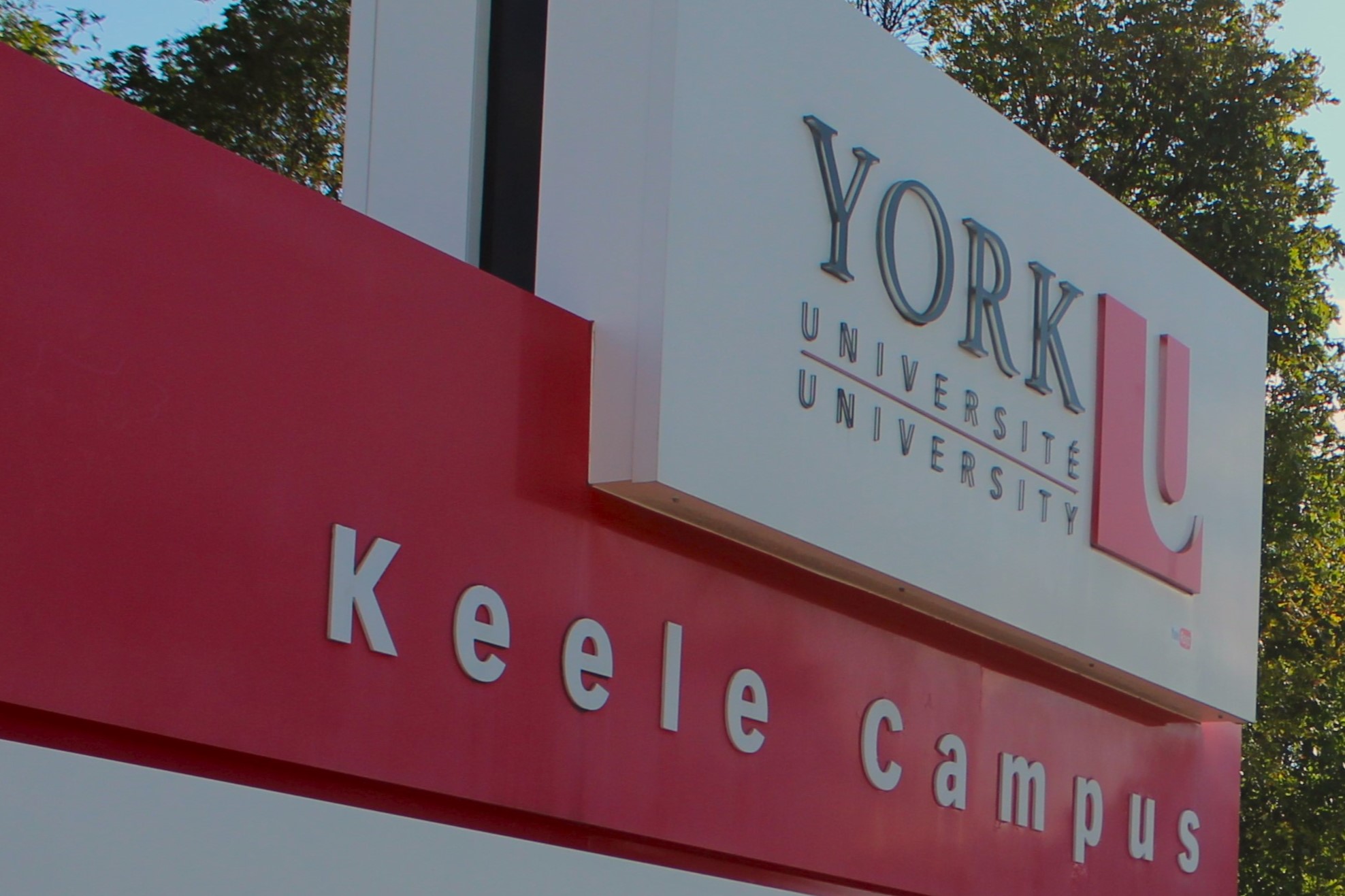Ontario post-secondary institutions are required to uphold free speech — York University is one of them. On Aug. 31, 2023, York submitted its annual Freedom of Speech report to the Higher Education Quality Council of Ontario (HEQCO), a government agency that oversees and evaluates the Ontario post-secondary system.
York’s main finding? The 2023 report found no instances of freedom of speech complaints between August 1, 2022, and July 31, 2023, based on curricular and non-curricular activities. The HEQCO evaluates each university’s reports for compliance with the free speech directive.
Pascal Robichaud, a York University secretary, provided email comments to Excalibur about the 2023 report. Robichaud sees the lack of free speech complaints as a sign of York’s “continued effort to protect free expression.”
“York took the opportunity to reaffirm the principles that guide its efforts to protect free speech and [to] ensure the University is a safe place, including respect for the right to free speech, free exchange of ideas, community safety, [and] zero tolerance for discrimination,” says Robichaud.
The end of York’s 2023 HEQCO report contains a policy on freedom of speech, approved by York’s Senate and Board of Governors in 2018. It defines free speech as the right to share, receive, express, and seek “information and ideas of all kinds” in various forms, while promoting “diversity of thought” and protecting the expression of descent.
In contrast, York’s Secretariat defines hate speech as the “promotion or incitement of hatred” based on race, religion, colour, ethnic origin, gender, sexual orientation, or gender identity.
Lyon Hart, a former communications director for the now disbanded club Students for Free Speech York U (SFS York U), feels that “from an administrative level, York is no more for or against freedom of speech than any of its contemporary institutions.”
From Hart’s club experiences, he says the average York student “is more than willing to have a conversation about how best to realize their views, but are remarkably less receptive to having their worldview challenged as a whole.” He also mentions that SFS included students from different backgrounds and perspectives, who were open to respectful debate.
Since the Ontario Progressive Conservatives (PCs) 2018 leadership, the government issued a free speech directive to publicly funded post-secondary institutions across the province. HEQCO published the first report on Nov. 4, 2019.
The government said the policy protects campus free speech while prohibiting hate speech and discrimination. Students who object to the policy are subject to campus disciplinary action; unresolved complaints against the post-secondary institution “may be referred to the Ontario Ombudsman.” Conversely, legal experts like Bruce Pardy argue that the “directive contains the right ideas, but takes the wrong approach.”
Pardy is a senior fellow at the MacDonald Laurier Institute, an executive director of Rights Probe, and a law professor at Queen’s University. He shared his comments from his article “Public Universities, Speech Politics, and the Law: Fourteen Maxims,” published in the Education and Law Journal.
The Ontario policy defines free speech and hate speech based on the University of Chicago’s report on the principles of free expression. Yet, Pardy explains how the directive allows Ontario universities to make their own interpretations, even “when the principles are already defined for them.”
He says universities “do not need a policy to say what the directive already says. In response to this directive, most universities have produced carefully drafted political statements that leave the door open to supervising the content of academic speech.”
In addition, Pardy argues the directive has little legal backing to protect campus free speech. Students and faculty who take issue with how a university handles free speech rely on the institution’s internal dispute resolution system — not the provincial government or substantial provincial laws.
“Obligations that cannot be enforced are of little value. Rights that cannot be vindicated do not legally exist … its remedies are bureaucratic and political,” he adds.
According to the HEQCO, “if universities fail to comply” with the free speech standards, they may be subject to receiving reduced grant funding. For Pardy, this measure embodies a political process, not a legal one: “Aggrieved parties who get no satisfaction from within the university are to refer their complaints to the Ontario Ombudsman, which has no power to compel anyone to do anything.”
Because of the challenges of applying the Charter to Ontario universities, Pardy suggests that provincial governments – including Ontario — should enact statutory rules prohibiting the censure or interference of speech on campuses, with clear “time,” “place,” and “manner” provisions.
Although York’s 2023 free speech report has gone smoothly, Hart feels the general atmosphere in universities contrasts the value of free expression: “when you consider the role universities play in fostering a diverse range of experiences and thoughts, there seems to be a readiness to engage in groupthink and aggressively reject the opinions of others, or at worst their very existence.”


